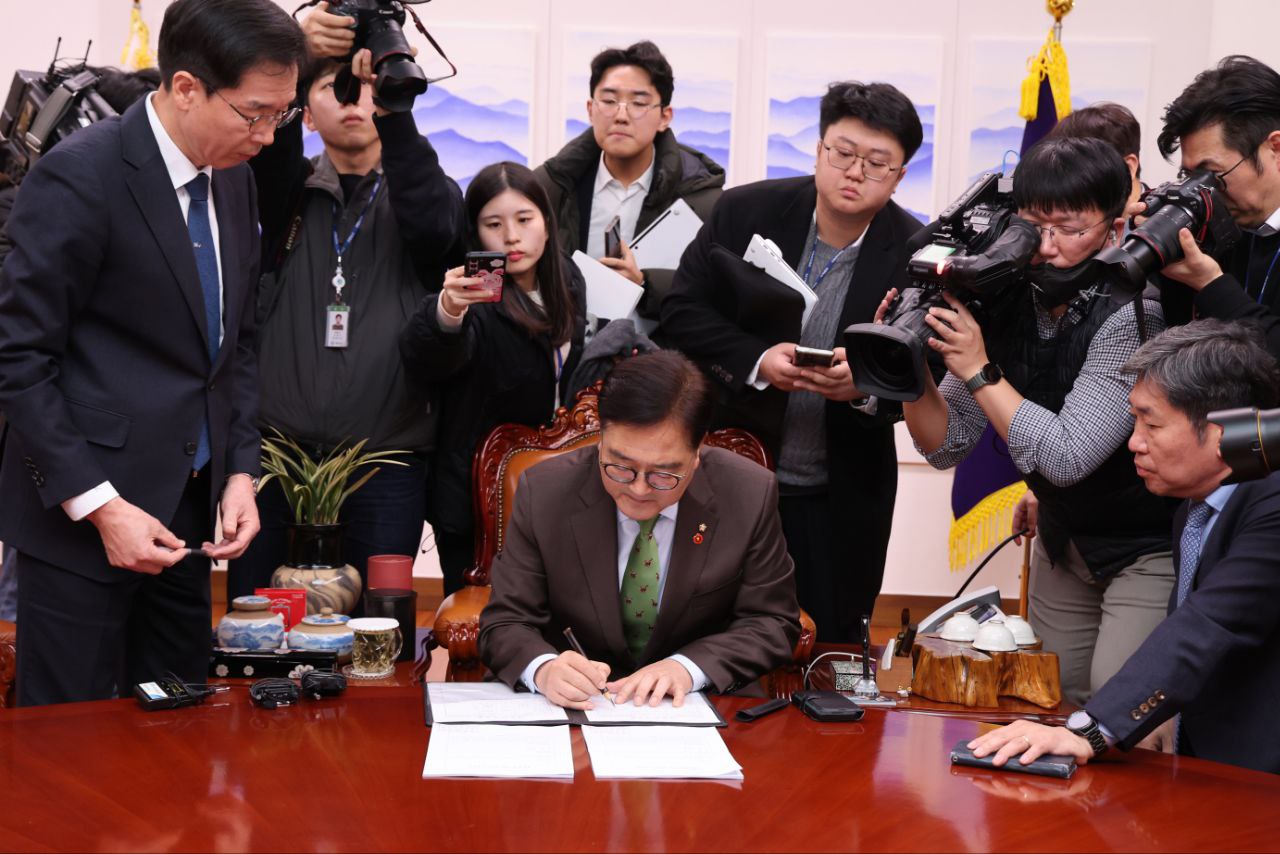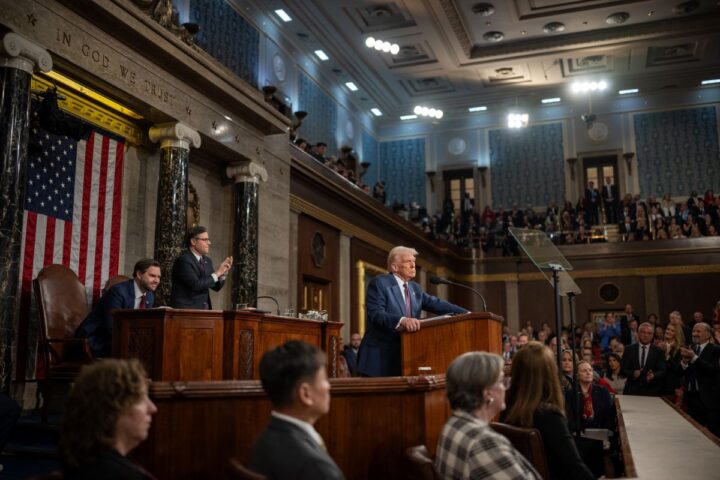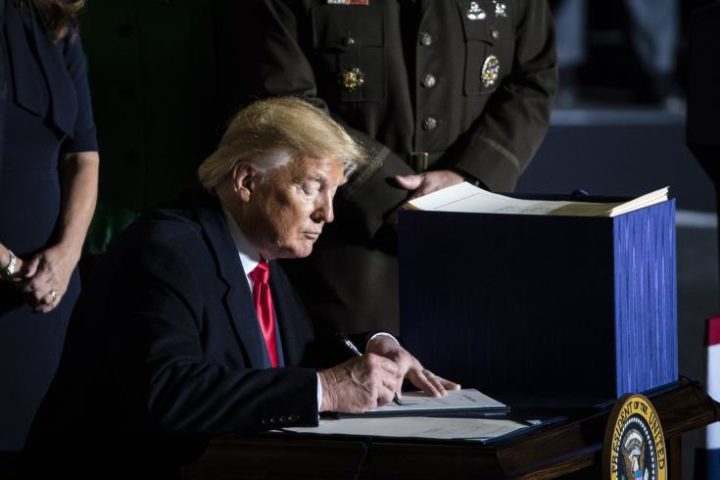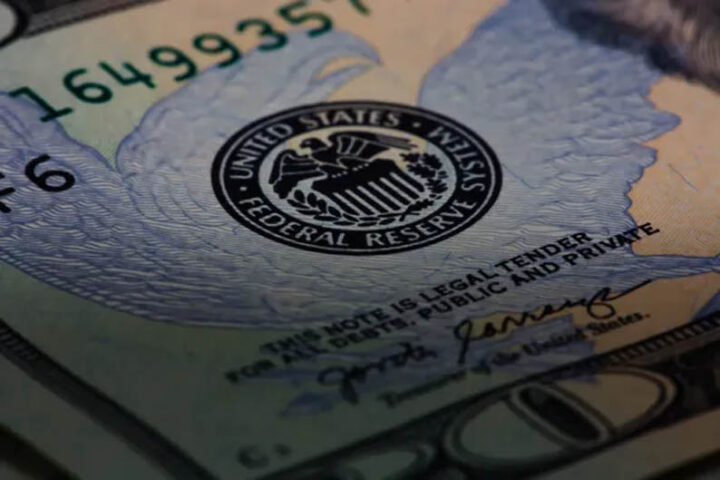In a unanimous 8-0 decision, South Korea’s Constitutional Court upheld the impeachment of President Yoon on Friday over his declaration of martial law on December 3, 2024.
Elections are now expected to be held on or before June 3, within the 60-day deadline of the Constitutional Court’s decision, but uncertainty is expected to continue.
Separately, the Supreme Court overturned the impeachment of Prime Minister Han Duck-soo, reinstating him as acting president. Han had taken over as acting president after Yoon was impeached on December 14, but the opposition voted to impeach him on the accusation that he collaborated with President Yoon. Han will remain the acting president until the elections.
While the Supreme Court’s unanimous verdict may help South Korea move past the last four months of political turmoil, elections will take place amid an increasingly challenging economic environment, particularly following the Trump administration’s recent announcement to impose “reciprocal” tariffs, according to Morningstar DBRS.
Under the plan, the U.S. will impose tariffs of 25% on all imports from South Korea, in addition to the sector-specific auto and steel/aluminium tariffs.
South Korea’s Acting President Han is likely to announce the date for the next election in the coming weeks. Elections must be held within 60 days of the Constitutional Court decision (by June 3).
“The outlook for the election is highly uncertain,” added the rating agency.
According to a recent Gallup survey, the major opposition party – the Democratic Party of Korea (DP) – has higher approval ratings than the ruling party. Lee Jae-myung, the leader of the DP, is the early favourite though he is facing trial for corruption.
The current ruling party, the People Power Party (PPP), has yet to announce its presidential candidate.
“While public resistance leading to the impeachment and the swift response by the legislature, central bank, and government ministries attests to South Korea’s strong institutional framework, the longer than-expected impeachment process has taken a toll on business and consumer confidence,” the Morningstar DBRS report said.
In its latest monetary policy statement, the Bank of Korea (BoK) projects that the economy will grow by 1.5% in 2025, undershooting its previous forecast of 1.9%, due to domestic (political) and external (tariffs) uncertainties.
The BoK stated that both domestic demand and export growth are likely to slow due to the sluggish economic sentiment, the intensification of global protectionist policies, and uncertainties regarding U.S. monetary policy.
“With the U.S. tariff announcement on April 2, we expect the priorities of the next government will be to support growth amid mounting protectionism globally,” the rating agency concluded.










